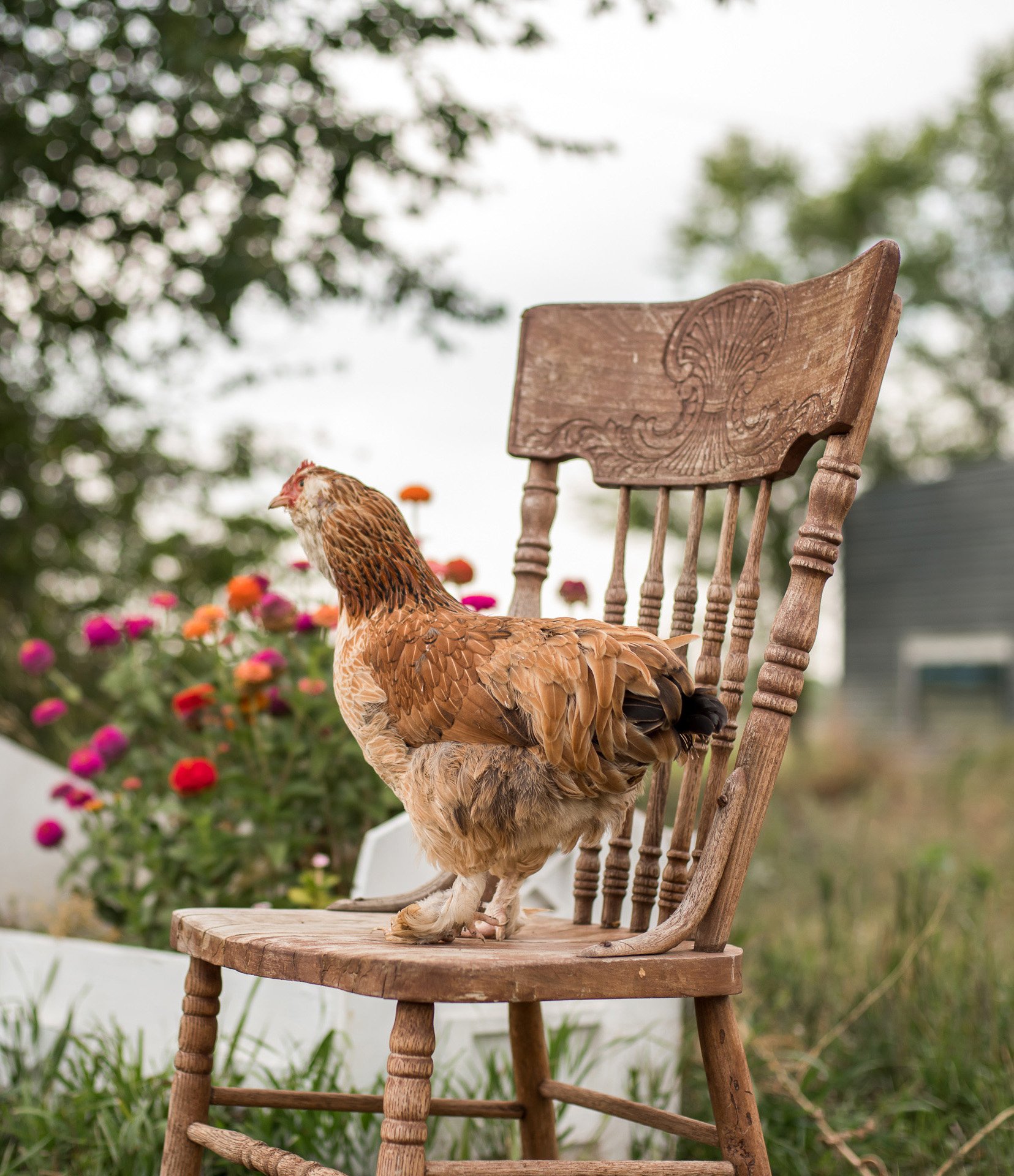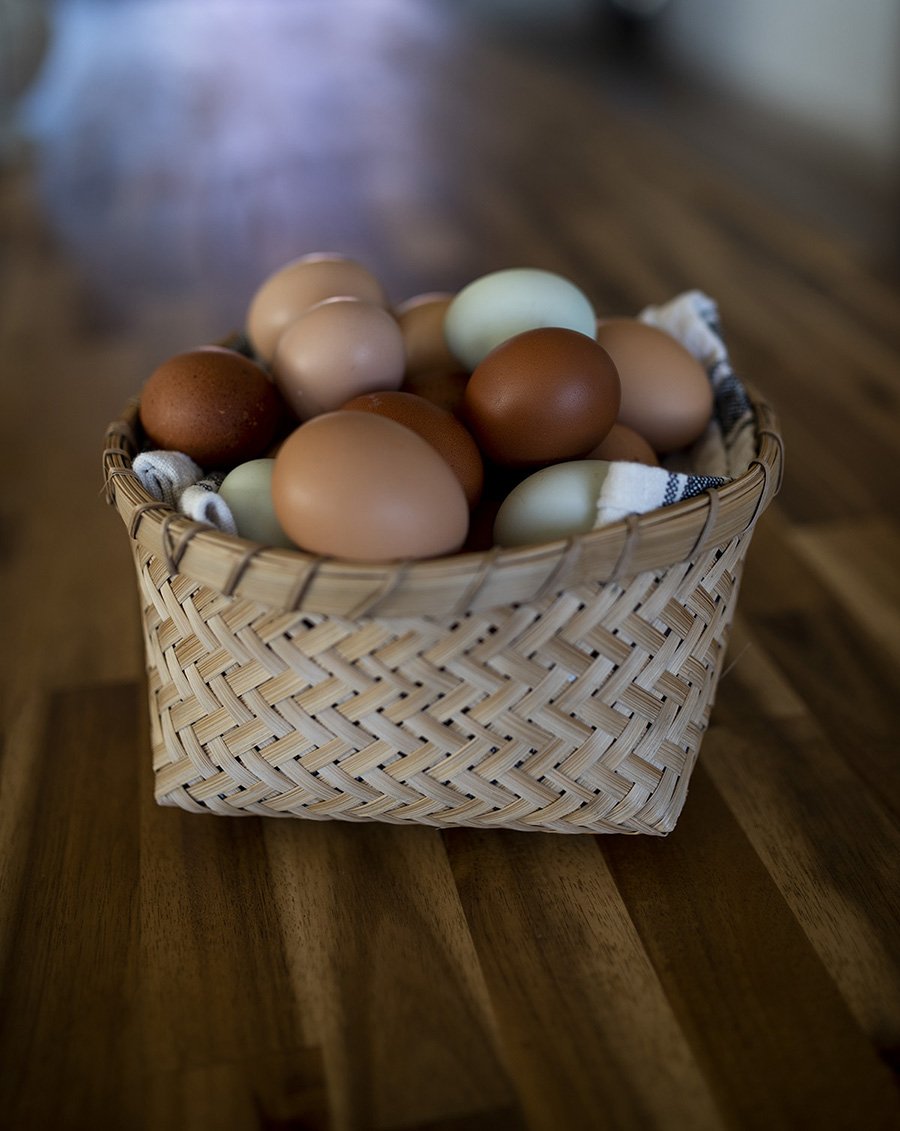Let’s talk Egg Shortage
Unless you live under a rock then you are probably aware that there is currently an egg shortage. What you may not know, is that eggs are actually a seasonal food. Yes for the most part you are able to walk into any grocery store and buy eggs year round, but egg season is in fact during the spring. Chickens need light which they naturally get from the sun for egg production. When the days start getting shorter in the late fall, chickens will lay fewer eggs. Most chickens will take a break from laying eggs all together. However pullets, chickens less than a year old (those who just started laying eggs in the summer) might continue to lay throughout the winter, but they probably won’t lay as often due to the decrease in sunlight. When the days start getting longer, egg production will once again pick up. Peak egg season occurs during the spring when the days are long and before it is too hot although chickens lay plenty of eggs during the summer as well.
Now there is a way around this break period and it involves supplementing light artificially which large chicken farms as well as smaller farms may incorporate. It is not very profitable to continue to feed hundreds of chickens all winter long if they are not laying eggs to sell. However in colder climates, even with supplemental light, chickens may lay fewer eggs because so much of their energy is going to keeping warm. A lot of chicken keepers, myself included, do not supplement light and allow their chickens this winter break period. Even with the break, we have not needed to buy eggs since owning chickens. We stockpile our eggs going into winter knowing that they keep relatively well and we ration the new eggs that come in. We have also had young chickens during the last couple of winters and have continued to collect some fresh eggs during the slower winter season.
Egg scarcity used to be very common. Keep in mind that almost half (44%) of the American population lived on farms during the 1920s and most of these farms had chickens. However, due to the natural occurring break in egg laying, eggs were scarce during the winter. During World War II people were encouraged to raise chickens (and garden) in order to help with the food shortage. Backyard chickens remained popular through the 50s and 60s but as advancements in large chicken farms continued, grocery store eggs became cheaper and people began to forgo chicken ownership.
Just because we have become accustomed to year round, affordable eggs obviously does not mean that that has always been the case or as we are currently seeing, will always be the case. Avian influenza (H5N1) might continue to wreak havoc on the chicken industry and it does not solely effect large farms although price increases are most noticeable when large farms are affected by bird flu. I’m hopeful that decline in avian flu cases continues but migration season might cause another uptick. Higher egg prices might be around for awhile and while yes I would encourage anyone interested in chicken keeping to get their own chickens and to take a hands on role in providing food for their family, it probably isn’t going to save you any money. Chicken feed has also gone up in price and even if your chickens are pasture raised, there will still be expenses when it comes to keeping chickens. Regardless it is a very rewarding endeavor and in the very least, supporting your local egg farmers is always worthwhile!





